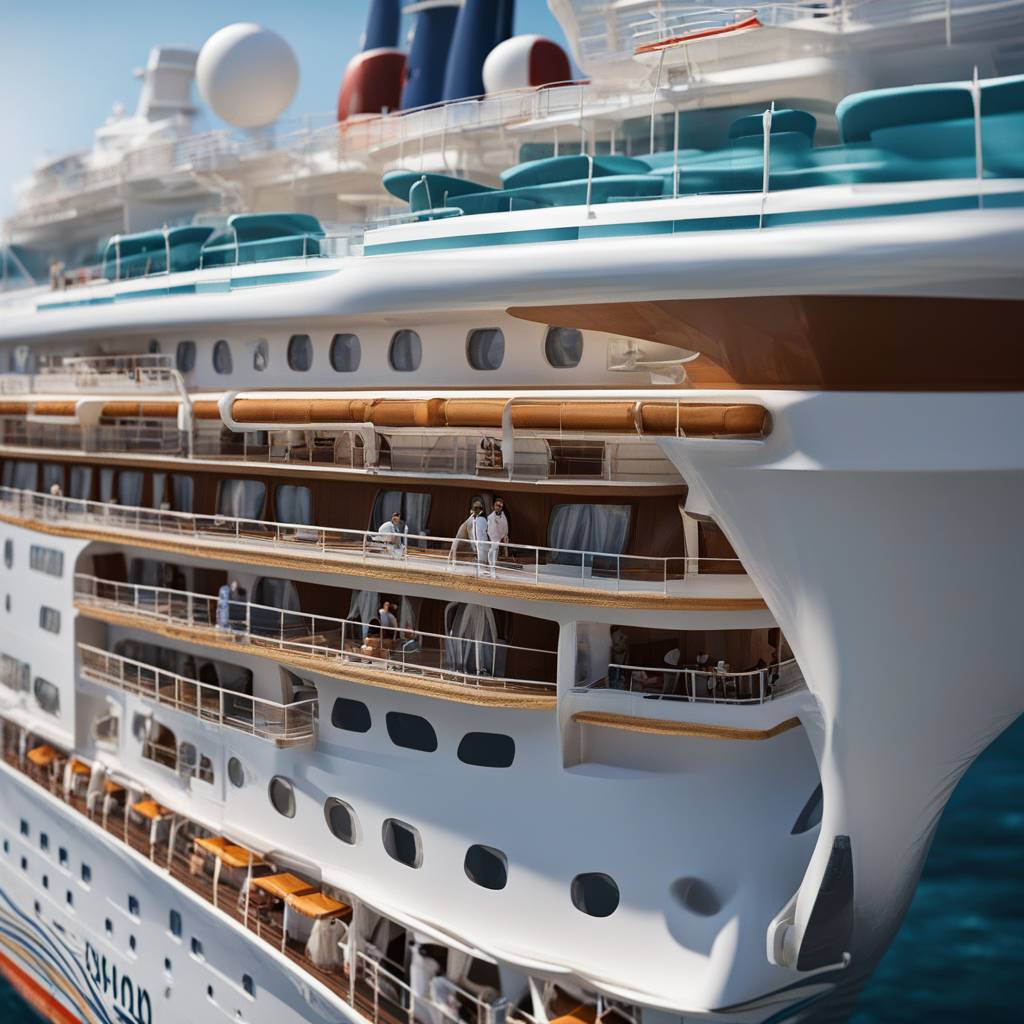A cruise ship that was stuck in the northeastern Spanish port of Barcelona due to visa problems for 69 Bolivian passengers has been able to resume its route after an agreement was reached between the Spanish government and MSC Cruises. The Bolivian passengers were removed from the ship and taken to a transit zone in the port, but were not allowed to enter Spanish territory. The cruise ship was not allowed to dock in Barcelona due to the passengers lacking valid documents to enter the European border-free Schengen area, which Spain is a part of. The Bolivian passengers were originally meant to disembark in Barcelona but the ship was scheduled to travel to other countries.
MSC Cruises agreed to provide another boat from Livorno, Italy for the stranded Bolivian passengers to continue their journey to Italy. The company also committed to providing food and health care for the impacted passengers, while immigration officials work to resolve the visa issues as quickly as possible. The MSC Armonia, with over 1,000 passengers on board, is planned to sail to Italy on Thursday as per the cruise company’s statement. The situation was complicated by reports that some of the stranded Bolivians may have obtained fake visas, with the Bolivian diplomat in Barcelona stating that they were working to identify who may have processed these fake visas.
The Spanish national police were investigating the possibility of a fake visa scam involving the Bolivian passengers, as the visas they were carrying were found not to be valid for entry into the Schengen area. The Bolivian passengers had originally appeared to have the correct documentation when boarding the ship in Brazil, but issues arose once they arrived in Barcelona. The authorities were working to determine the origin of the fake visas and to ensure that the affected passengers are taken care of while the situation is resolved. The cruise company and the Spanish government were working together to ensure the safe passage of the Bolivian passengers back to Italy.
The stranded Bolivian passengers were left in a transit zone in the port of Barcelona and were not permitted to set foot on Spanish soil until their visa issues were resolved. MSC Cruises arranged for another boat to transport the passengers to Italy where they would be able to continue their journey. The cruise company also undertook to provide food and medical assistance to the passengers while the Spanish authorities work to sort out their visa problems. The MSC Armonia planned to sail to Italy with the remaining passengers on board while the situation was being dealt with.
The cruise ship incident highlighted the complexities and challenges involved in international travel, especially with regard to visa regulations and border controls. The situation in Barcelona underscored the need for travelers to ensure that their documents are in order before embarking on international journeys to avoid being stranded or denied entry. The cooperation between the cruise company, the Spanish government, and the Bolivian authorities was essential in resolving the issue and ensuring the impacted passengers could continue their journey safely. Efforts were being made to identify the source of the fake visas and prevent such incidents from happening in the future.













